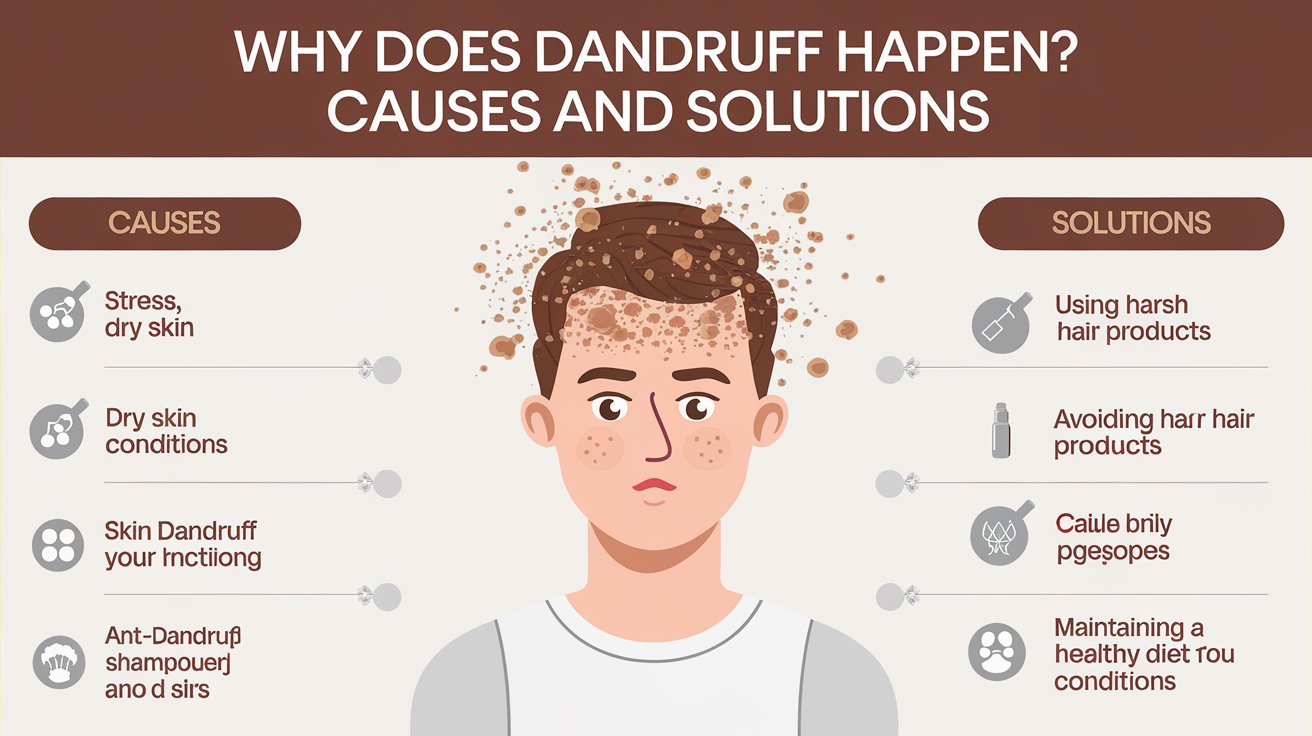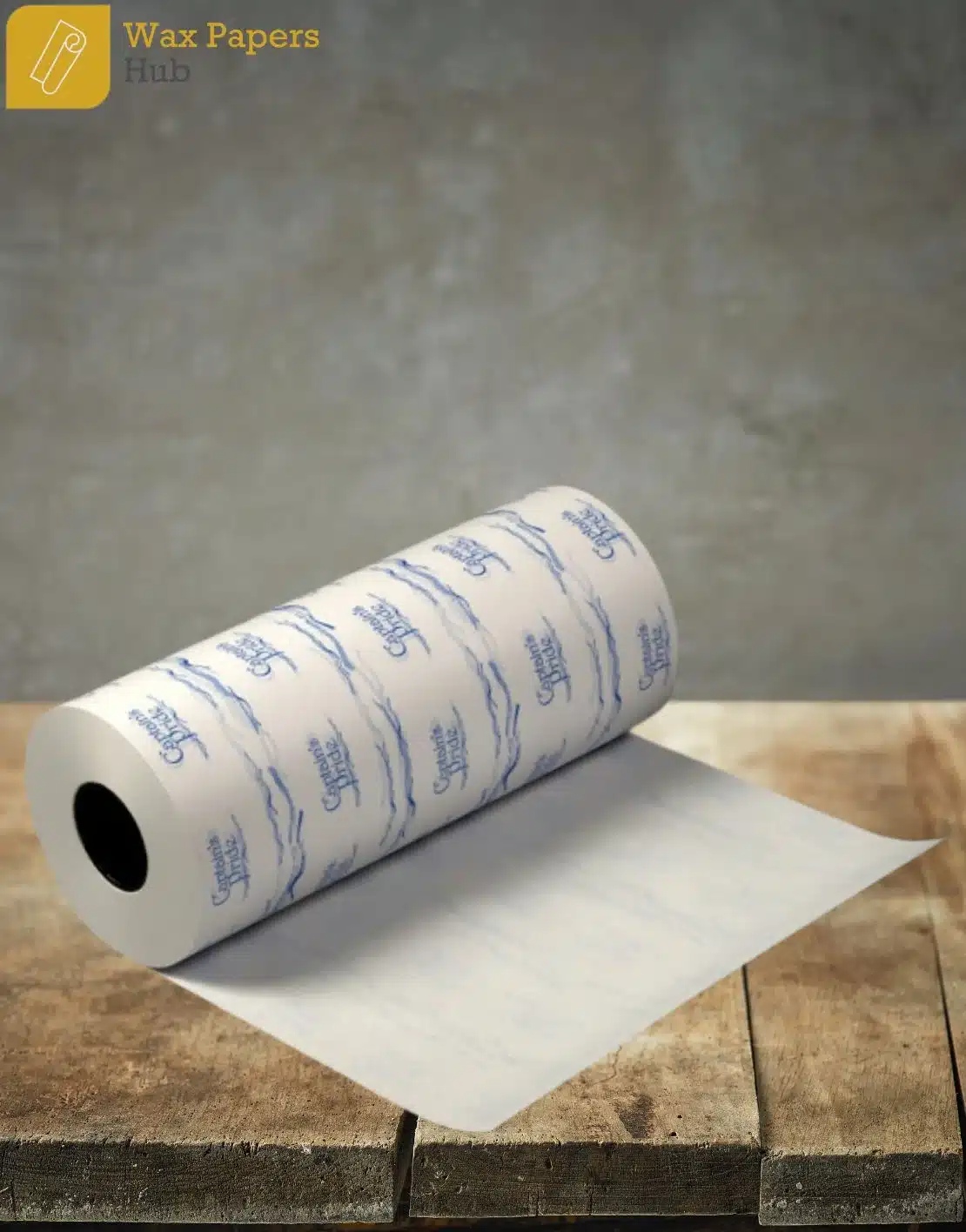Dandruff is a common scalp condition that affects millions of people worldwide. Often characterized by white flakes, itchiness, and scalp irritation, dandruff can be both uncomfortable and frustrating. But what causes dandruff, and how can it be effectively treated? In this article, we will dive into the reasons behind dandruff and offer some effective solutions to help you manage this condition.
What Is Dandruff?
Dandruff is essentially a condition of the scalp that results in flaky, often itchy skin. While it’s not harmful, dandruff can be a persistent problem and may lead to social discomfort. People with oily or dry scalps are more prone to dandruff, but it can affect anyone, regardless of hair type or age.
Why Does Dandruff Happen?
Several factors can cause or contribute to dandruff. Here are some of the most common reasons:
-
Dry Skin Dry skin is one of the most frequent causes of dandruff. When the scalp lacks moisture, it can become flaky and itchy, leading to visible flakes. This type of dandruff tends to be smaller and less oily than other forms.
-
Seborrheic Dermatitis Seborrheic dermatitis is a more severe form of dandruff. It results from excess oil on the scalp, leading to red, scaly patches and yellow or white flakes. This condition is believed to be linked to the yeast Malassezia, which thrives in oily environments and can lead to an overproduction of skin cells on the scalp.
-
Fungal Infection The yeast-like fungus Malassezia is naturally present on most people’s scalps. However, in some cases, it can grow excessively, feeding on the oils of the scalp. This overgrowth irritates the skin, resulting in dandruff. Fungal dandruff tends to be greasy and may require specific treatments.
-
Poor Hygiene Although dandruff isn’t directly caused by poor hygiene, infrequent washing can lead to a buildup of oils and dead skin cells, which can worsen dandruff symptoms. Washing your hair regularly with a shampoo for dandruff removal can help reduce the buildup of oils and dead cells.
-
Sensitivity to Hair Products (Contact Dermatitis) Some people are sensitive to specific hair care products. Ingredients like sulfates, alcohol, and synthetic fragrances in shampoos and conditioners can irritate the scalp, resulting in a flaky, itchy reaction.
-
Hormonal Changes Hormonal fluctuations can lead to changes in scalp health. This is often seen during adolescence, pregnancy, or menopause, where the scalp may produce more oil, increasing the risk of dandruff.
-
Diet and Lifestyle A diet lacking essential nutrients, such as vitamins B and D, zinc, and omega-3 fatty acids, can affect scalp health. Stress and a poor lifestyle may also contribute to dandruff by impacting your immune system and skin health.
Effective Solutions for Dandruff
Here are some practical and proven solutions to manage and reduce dandruff:
-
Use a Shampoo for Dandruff Removal A targeted shampoo for dandruff removal can be one of the most effective ways to manage dandruff. Look for shampoos containing active ingredients such as ketoconazole, zinc pyrithione, selenium sulfide, or salicylic acid. These ingredients help reduce fungal growth, control oil production, and exfoliate dead skin cells.
-
Maintain Scalp Hygiene Washing your hair regularly is essential to keeping dandruff under control, especially if you have an oily scalp. Regular cleansing removes excess oils and prevents the buildup of dead skin cells that can lead to dandruff.
-
Incorporate Scalp Exfoliation Exfoliating your scalp can help remove dead skin cells and prevent clogging of hair follicles. Use a gentle exfoliating brush or a scrub specifically designed for the scalp. Avoid harsh scrubs, as they can cause irritation.
-
Moisturize Your Scalp If you have dry skin, keeping your scalp moisturized is key to preventing dandruff. Opt for a hydrating scalp treatment or natural oils, such as coconut or jojoba oil, which can provide moisture without making your scalp overly oily.
-
Try Apple Cider Vinegar Rinse Apple cider vinegar has antifungal and anti-inflammatory properties that can help reduce dandruff. Dilute it with water and apply it to your scalp before shampooing. Let it sit for a few minutes, then rinse thoroughly. However, be cautious, as ACV may cause irritation if you have sensitive skin.
-
Manage Stress Since stress can exacerbate dandruff, incorporating relaxation techniques like meditation, yoga, or regular exercise can help maintain scalp health and reduce dandruff symptoms.
-
Seek Medical Advice for Persistent Cases If dandruff persists despite your efforts, consider consulting a dermatologist. Chronic dandruff could be a sign of an underlying condition that may require prescription treatments or other interventions.
Conclusion
Dandruff may be a common scalp issue, but with the right approach, it can be effectively managed. From using a specialized shampoo for dandruff removal to making lifestyle adjustments, there are multiple ways to tackle dandruff at its source. Remember, understanding the root cause of your dandruff can help you find the best solution and restore your scalp health.




